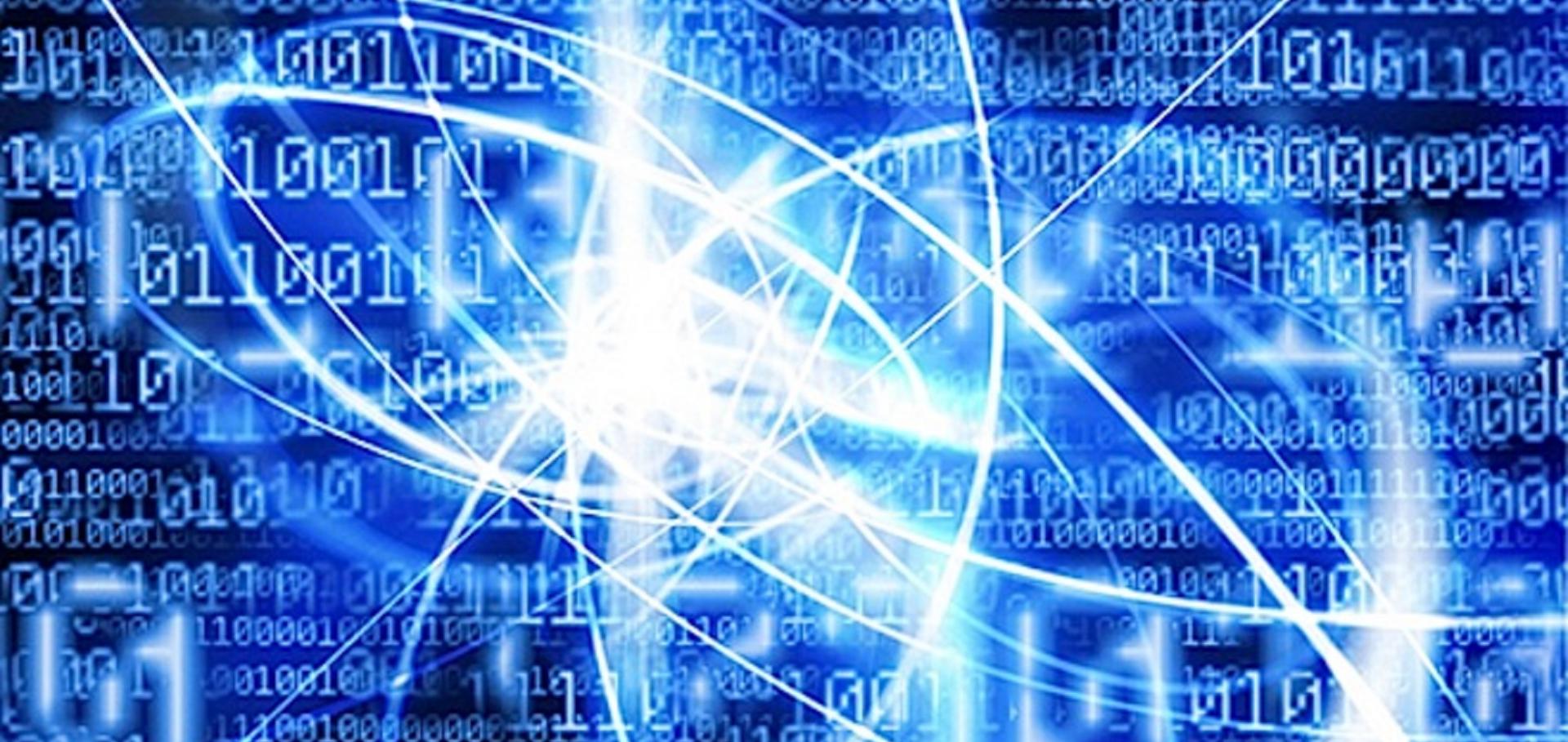Overhead and noise threshold of fault-tolerant quantum error correction
Physical Review A 68 (2003) article 042322, 19 pages
A quantum computer only needs one universe
Studies in History and Philosophy of Science Part B - Studies in History and Philosophy of Modern Physics 34:3 (2003) 469-478
Abstract:
The nature of quantum computation is discussed. It is argued that, in terms of the amount of information manipulated in a given time, quantum and classical computation are equally efficient. Quantum superposition does not permit quantum computers to "perform many computations simultaneously" except in a highly qualified and to some extent misleading sense. Quantum computation is therefore not well described by interpretations of quantum mechanics which invoke the concept of vast numbers of parallel universes. Rather, entanglement makes available types of computation processes which, while not exponentially larger than classical ones, are unavailable to classical systems. The essence of quantum computation is that it uses entanglement to generate and manipulate a physical representation of the correlations between logical entities, without the need to completely represent the logical entities themselves. © 2003 Published by Elsevier Science Ltd.Oxford ion-trap quantum computing project.
Philos Trans A Math Phys Eng Sci 361:1808 (2003) 1401-1408


